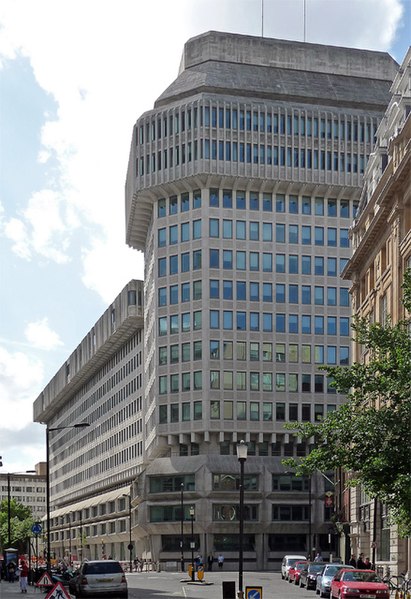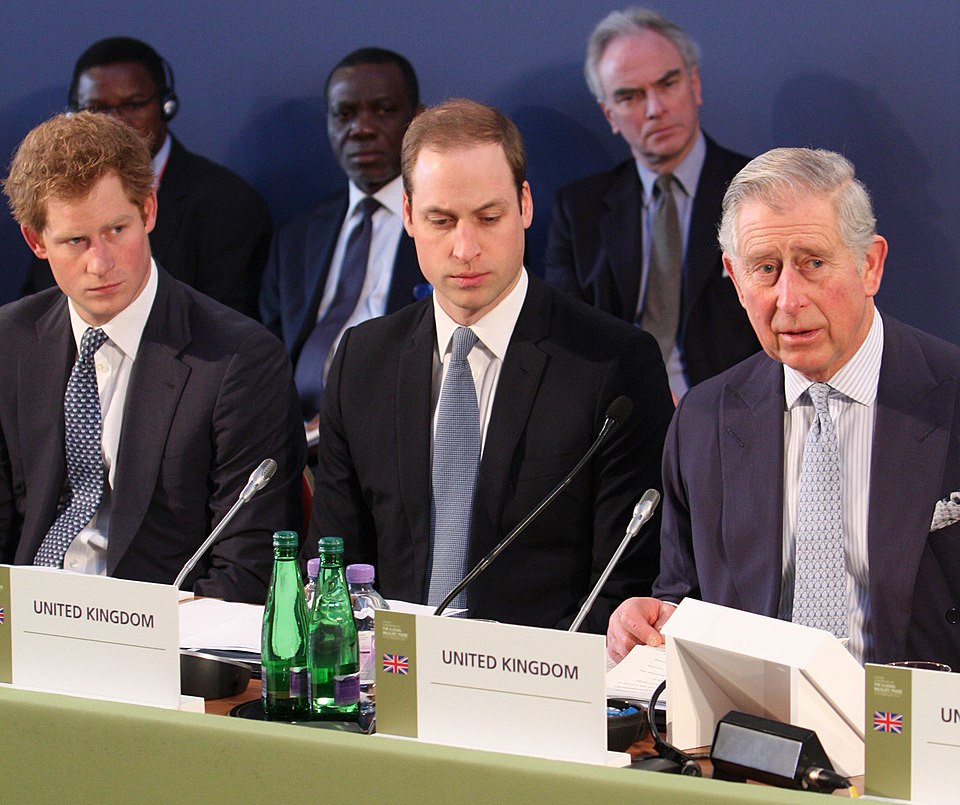
According to estimates released on Tuesday by the Office for National Statistics (ONS), British workers experienced a record level of wage growth during the February to April period, driven by
rising inflation and demands for higher pay.
Excluding bonuses, the growth rate of pay surged to 7.2% compared to the same period in 2022, surpassing the November to January period's 6.6% increase. This marks the highest regular wage growth since records began in 2001, except for an exceptional period in 2021 when the economy was recovering from COVID-19 lockdowns.
The private sector witnessed the largest wage increases, with a growth rate of 7.6%, while the public sector saw a growth rate of 5.6%. The average weekly pay reached $756, continuing its steady upward trend.
Within the private sector, finance and business services led the way with a growth rate of 9.2%, followed by the manufacturing sector at 7%. The figure for manufacturing represents the highest growth rate since comparable records began in 2001, as stated by the ONS.
Despite the strong wage growth in cash terms, the impact of high inflation resulted in a 1.3% decline in real wages for workers, the agency noted.
With inflation in double digits during most of the relevant period, employers competed for employees by offering higher salaries. Combined with a 9.7% rise in the minimum wage in April, concerns are growing that inflation is becoming embedded in the economy.
These numbers make it highly likely that the Bank of England will raise interest rates for the 13th consecutive time at its next meeting. The central bank aims to prevent further inflationary pressures while avoiding hampering the already sluggish economic growth.
The robust pay growth justifies rates above the current 4.5%, according to KPMG Chief Economist Yael Selfin. She emphasized that the pickup in pay growth driven by inflation could lead to stickier inflation. While the labor market may loosen as interest rates rise, the moderation in prices could continue to drive up real wages and strengthen workers' purchasing power.
Selfin concluded that the wages data has dispelled any lingering doubts and should solidify another rate increase by the Bank of England, with the likelihood of further increases in the coming months. Photo by Phil Whitehouse, Wikimedia commons.






























































